Dec 11, (V7N) - U.S. President-elect Donald Trump has announced the nomination of Kimberly Guilfoyle, a lawyer and former Fox News host, as the next U.S. ambassador to Greece in his upcoming administration. The selection continues Trump’s pattern of appointing close allies and individuals from his inner circle to key diplomatic posts.
In a statement on Truth Social, Trump praised Guilfoyle’s qualifications, citing her background in law, media, and politics. "Her extensive experience and sharp intellect make her supremely qualified to represent the United States and safeguard its interests abroad," Trump said.
Guilfoyle’s Role and Relationship with the Trumps
Guilfoyle, 55, has been a prominent Republican figure and a vocal supporter of Trump. She spoke at the 2024 Republican National Convention and has maintained a close association with the Trump family. She was previously engaged to Donald Trump Jr., but reports indicate the two have recently separated.
Trump emphasized Guilfoyle’s potential to enhance U.S.-Greece relations, particularly in defense, trade, and economic innovation.
Pattern of Loyalty-Based Appointments
Trump has often favored individuals with personal ties or unwavering loyalty to his family and administration for prominent roles. In a similar move, he nominated Charles Kushner, father of his son-in-law Jared Kushner, as ambassador to France.
In a separate announcement, Trump named longtime friend and private equity executive Tom Barrack as the U.S. ambassador to Turkey. Barrack, who was acquitted in 2022 of charges related to alleged unregistered lobbying for the UAE, has been a close confidant of Trump for years.
Diplomatic Challenges Ahead
Both Guilfoyle and Barrack face significant challenges in their new roles. Greece is a critical NATO ally, particularly given its tensions with neighboring Turkey, while Turkey remains a pivotal partner in the region but poses complex diplomatic hurdles due to its strategic role and contentious relations with the U.S.
Trump’s ambassadorial picks underscore his preference for trusted allies in key diplomatic positions, signaling a continuation of his personal loyalty-driven approach to governance.
END/WD/RH/









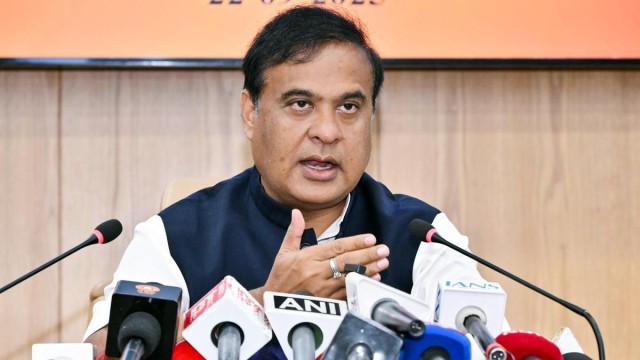


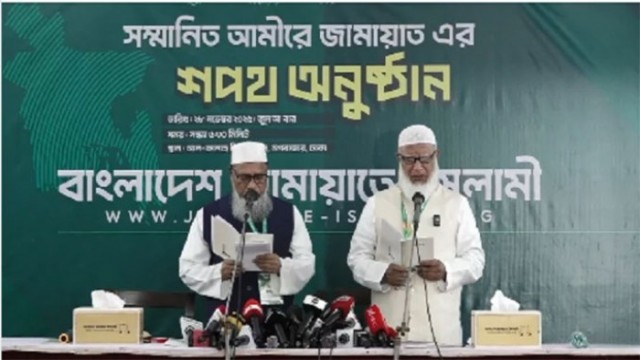
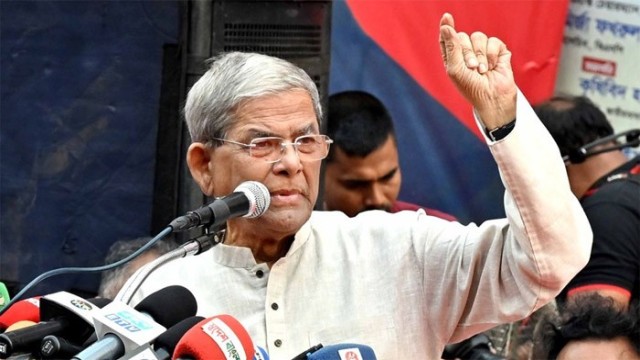
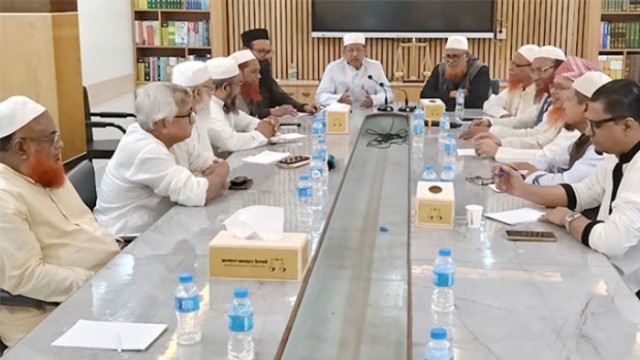
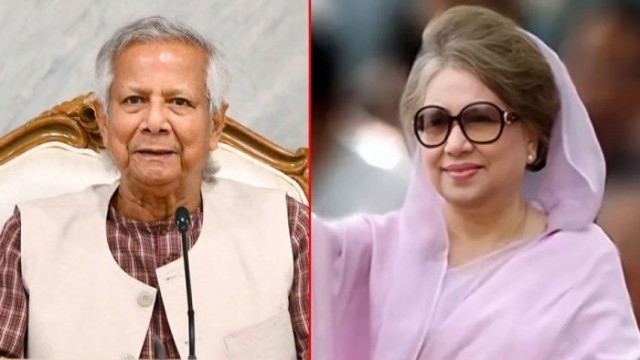















Comment: